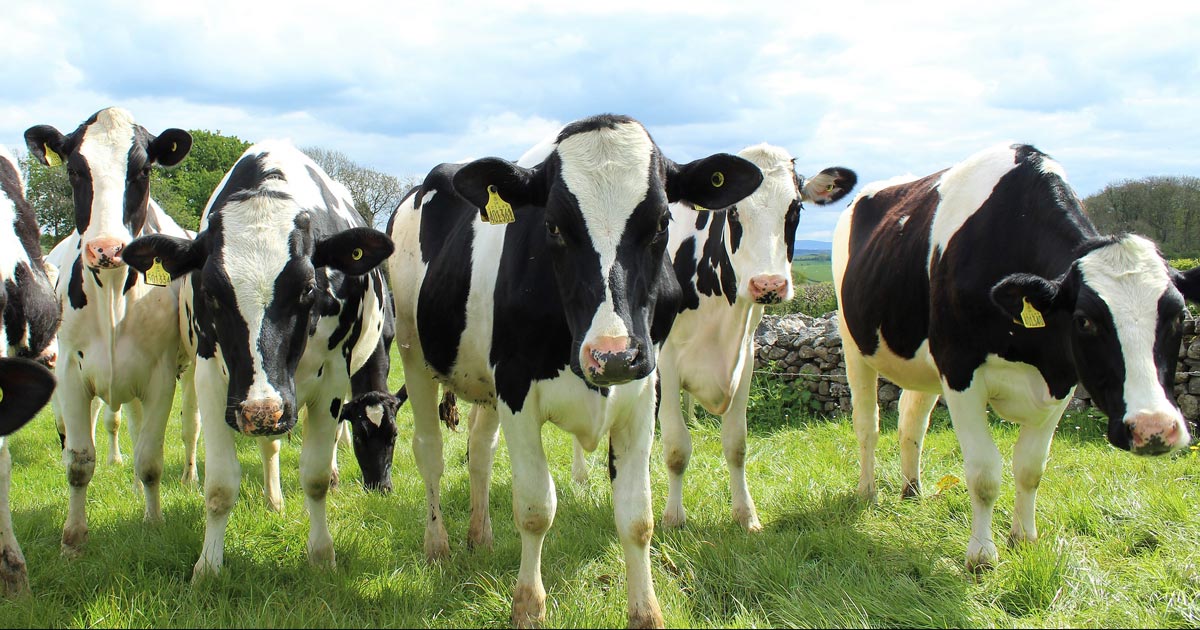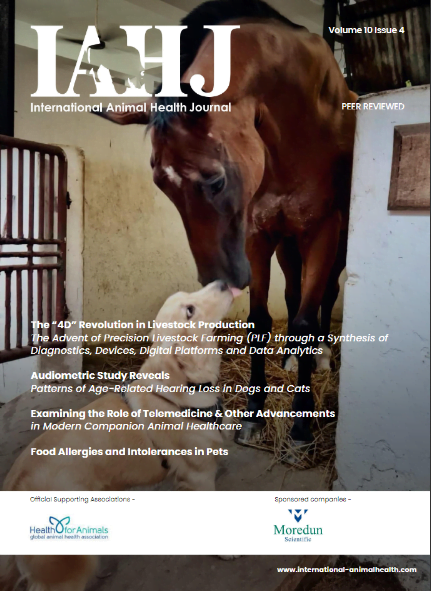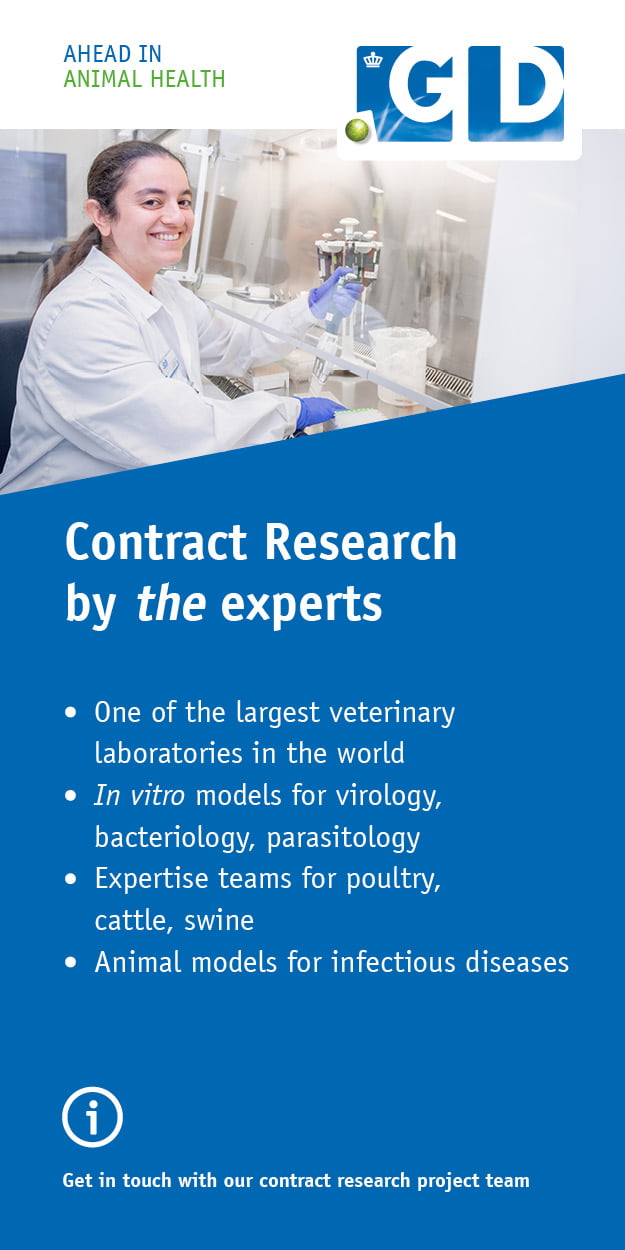 Actiphage test has been accepted for “exceptional private use” in APHA protocol, enabling any private vet to request APHA permission for exceptional use of Actiphage and other non-validated tests.
Actiphage test has been accepted for “exceptional private use” in APHA protocol, enabling any private vet to request APHA permission for exceptional use of Actiphage and other non-validated tests.
A unique test to detect bTB with the potential to halt the UK badger cull may have come a significant step closer.
Actiphage, which is based on advanced bacteriophage research and can detect live mycobacteria in blood or milk within six hours, has been accepted for “exceptional private use” in an APHA protocol published this month.
Advantages
The “Exceptional private use of non-validated tests for TB on cattle in England” protocol enables any private vet to request APHA permission for exceptional use of Actiphage and other non-validated tests, subject to certain criteria that include herd supplementary interferon-gamma testing, discussions with the APHA case vet and the farmer’s written consent.
Previously, under Defra regulations, vets were not allowed to take blood from live bovines for the Actiphage test for bTB, although they could legally supply milk samples.
Transmission prevention
The advantage of the Actiphage test lies in its speed and high degree of sensitivity to accurately identify infected cattle, without producing false positive or false negative results.
Infected animals can be immediately isolated from the herd, preventing further transmission of the highly contagious pathogen. Additionally, the test can distinguish between vaccinated and infected animals.
The existing skin test for bTB is based on the animal’s immune response, takes three days to produce a result and is known to miss about 20% of infected animals, allowing them to continue infecting other herd members until positively identified.
‘First step’
Life sciences entrepreneur Berwyn Clarke, chief executive of PBD Biotech, which has developed Actiphage with the University of Nottingham, described the APHA protocol as “a significant step forward”.
He said: “In situations where a farm has had an ongoing chronic bTB problem, the APHA’s protocol offers a promising new approach to controlling the infection.
“Actiphage is now included within a series of measures farmers can use in conjunction with their vet, and with specific APHA approval, as a means to improving their disease management strategy.
“For many farms that have been struggling for years, it provides the first step to becoming TB free.”
APHA protocol ‘promising new approach’ in battle against bTB
Animal Health Media © 2024, All Rights Reserved – Powered by Teksyte











